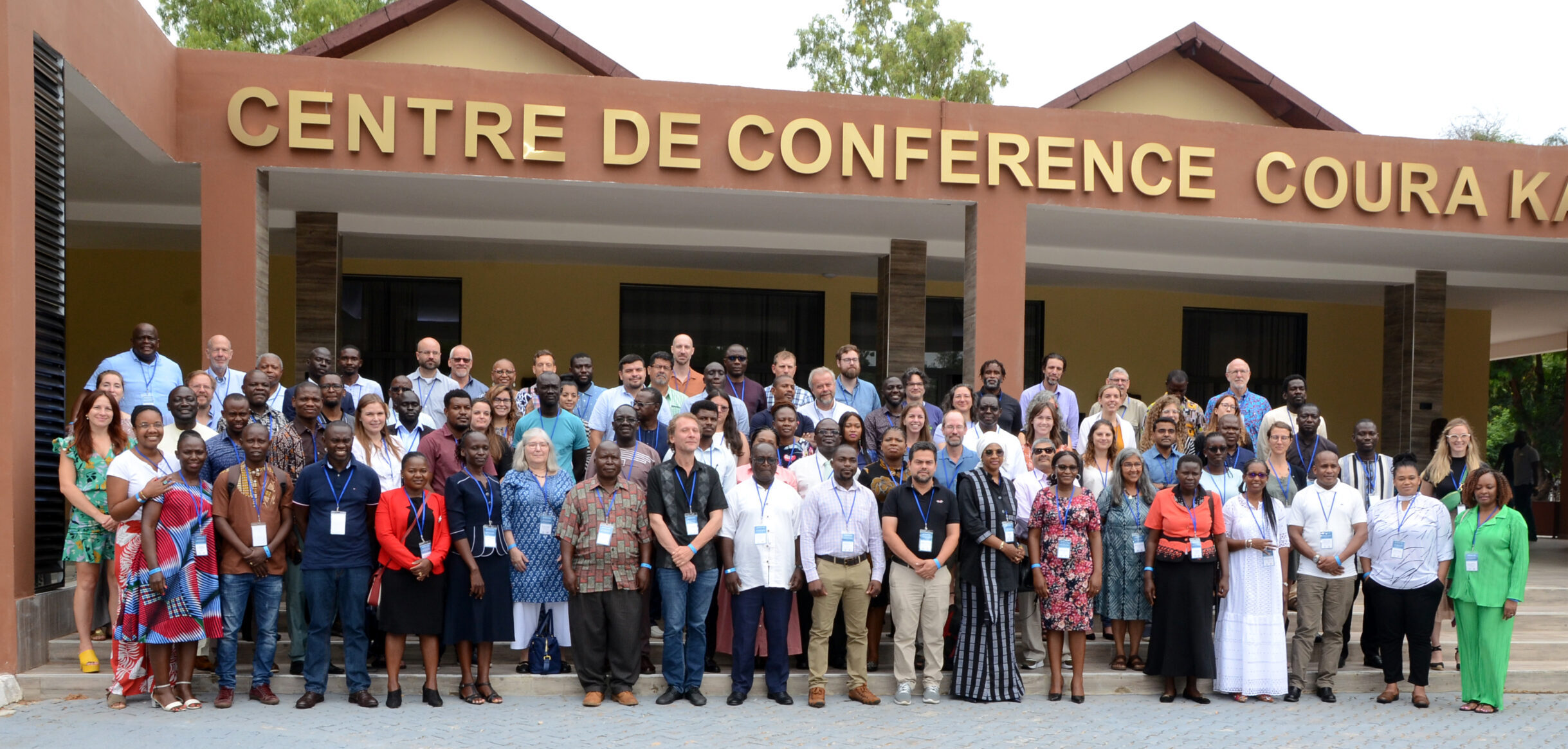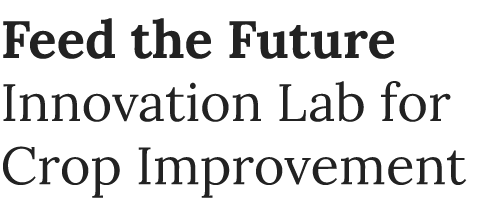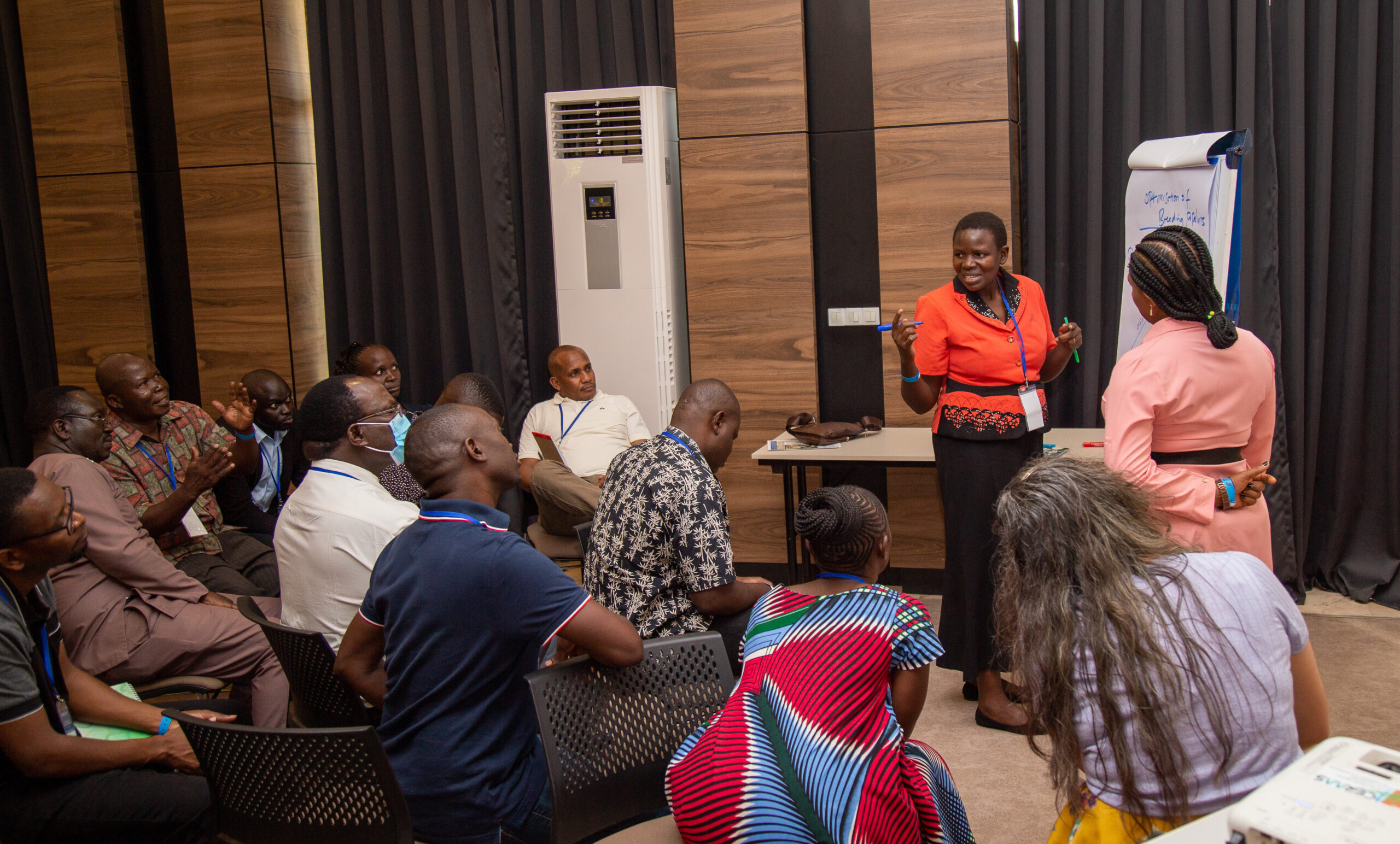The National Semi-arid Resource Research Institute (NaSARRI) team joined a global community of more than 120 scientists and partners from more than ten countries and five continents at a series of program meetings for the Feed the Future Innovation Lab for Crop Improvement (ILCI) to better identify and solve the greatest challenges in food, malnutrition and poverty.
The week-long program from October 2-8 in Saly, Senegal offered a slate of dialogues, presentations, workshops, field visits, networking and more to fuel collaborative solutions for the years ahead.
At the meeting, the East African Center of Innovation Lab for Finger Millet and Sorghum (CIFMS), led by Dr. Scovia Adikini at NaSSARI, contributed important messages on food security in East Africa and the tools, technologies and methods (TTMs) that are targeting challenges unique to the region.
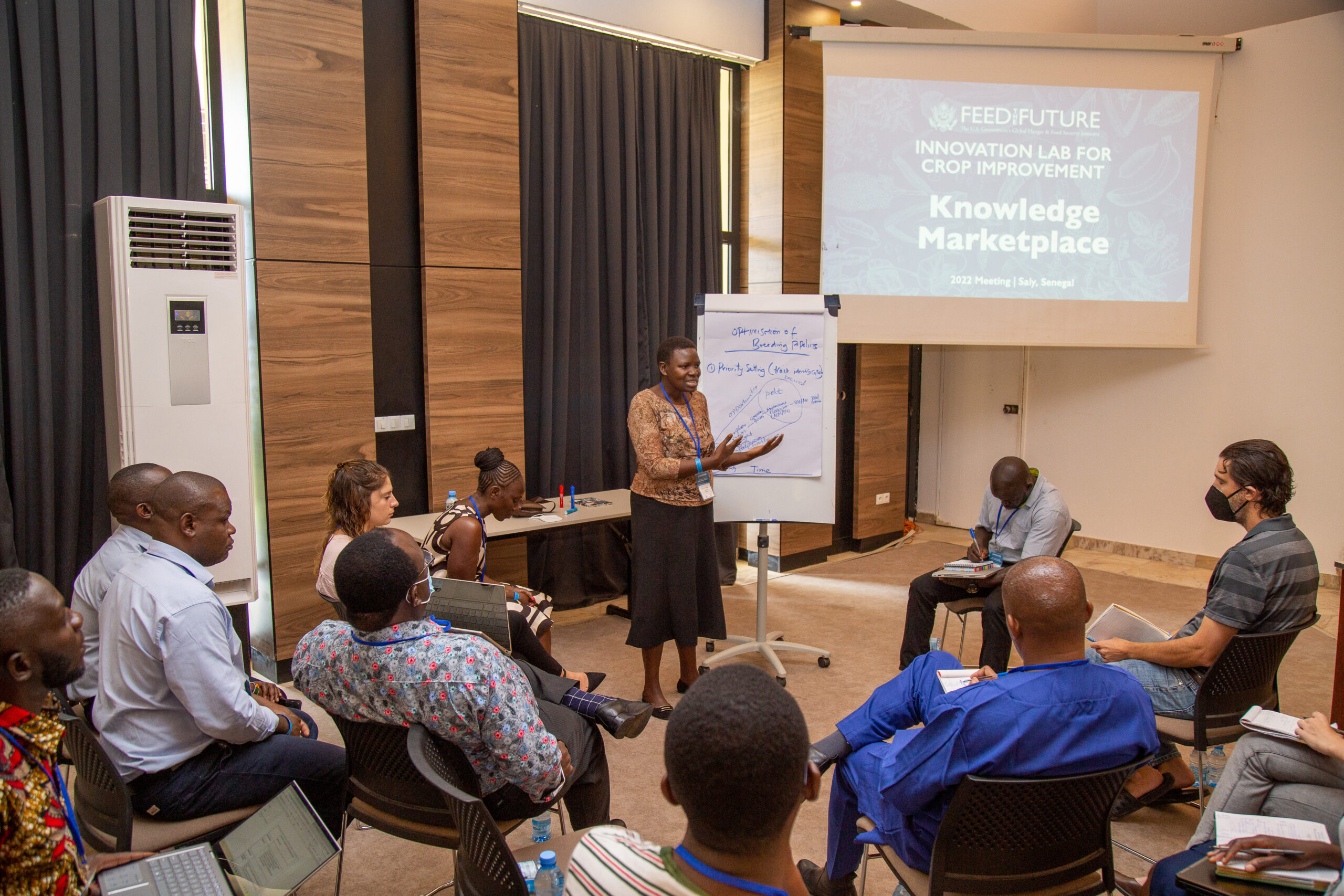
In her presentation, Adikini highlighted challenges that have affected the Center, including limited capacity of data analysis especially in gender and genomics, a lack of efficient seed systems which impacts the end user, and a lack of proper seed storage facilities, amongst others.
Adikini’s presentation paved way for a knowledge exchange session where U.S.-based scientists joined other Center of Innovation teams for a wide discussion on TTMs needed for successful implementation of the project.
“The ILCI meetings provided an opportunity for bringing together the best tools, technologies, methods and expertise that can help in accelerating variety development and release to reduce malnutrition and poverty in the community,’’ said Adikini.
The program also included a robust series of training sessions on topics such as JupyterHub, product profiles, institutional capacity evaluation, and research design, amongst others. The CIFMS trait discovery team was particularly interested in using R to visualize the predictions for trait hypotheses.
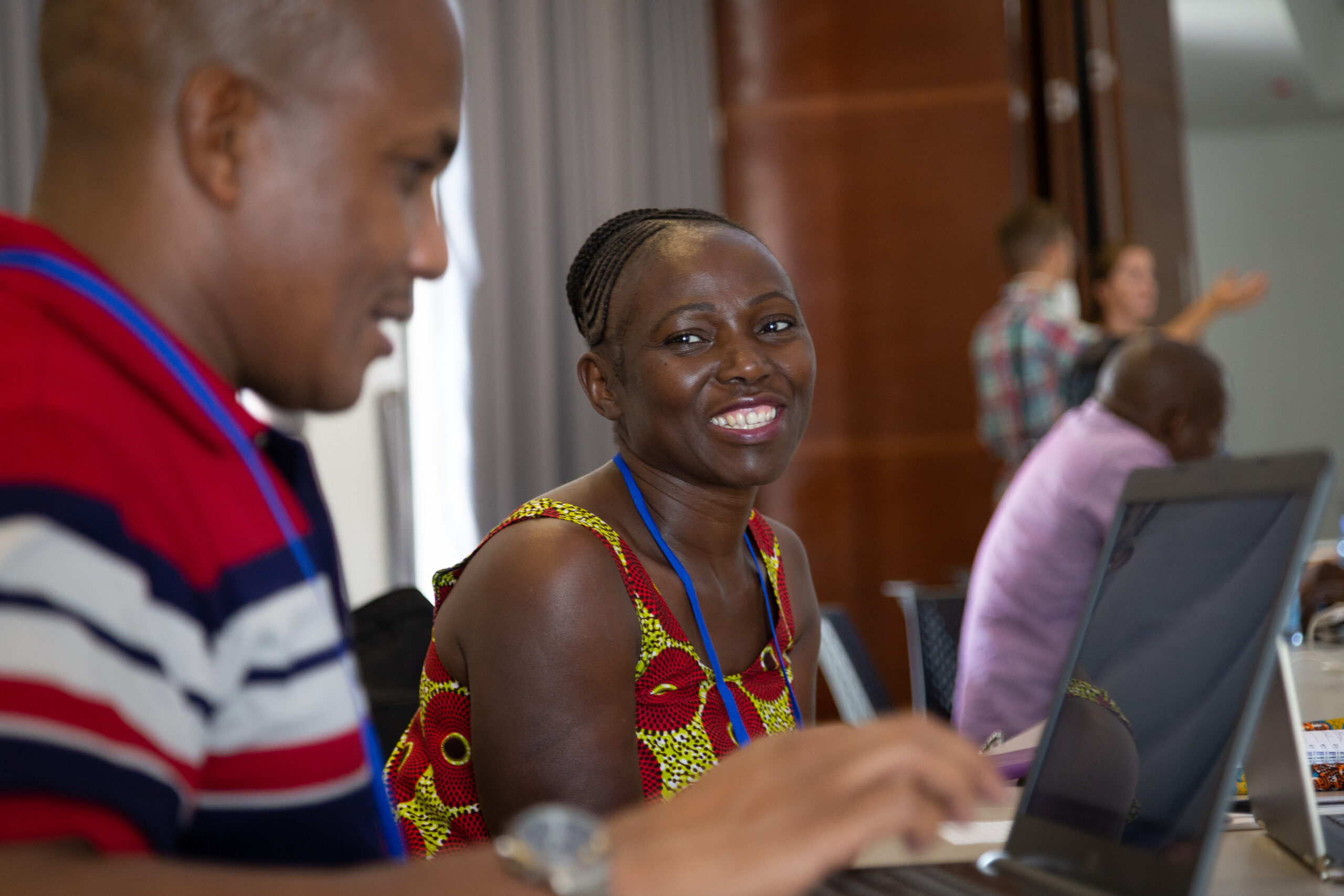
A seed systems workshop focused on identifying and addressing policy barriers in different crop commodities Village Based Advisor model was highlighted as the most effective method to advise farmers on recommended agronomic practices since farmers from their respectful groups and villages are given small packs of seeds and thus provide opportunities to experiment with, and to rapidly creates demand for improved crop varieties.
“Collaborative linkages and consistent contact and information sharing are very crucial for the success of our work,” said Moses Biruma, co-PI of CIFMS. “We will continue to use these lessons learned from the ILCI meetings in order to foster a dynamic working environment.”
The collaborative partners that participated in the ILCI meetings include: AGRA, Agricultural Research Institute of Mozambique (IIAM), Clemson University, CORAF, Corteva Agriscience, Colorado State University, Cornell University, Cultural Practice, LLC, Delaware State University, Department of Agriculture Research Services, Malawi (DARS), FIPS Africa, ICRISAT, INERA, Institut Sénégalais de Recherches Agricoles (ISRA), Instituto Nacional de Innovación y Transferencia en Tecnología Agropecuaria (INTA), Integrated Breeding Platform, Kansas State University, Kenya Agricultural and Livestock Research Organization (KALRO), Lilongwe University of Agriculture and Natural Resources (LUANAR), Mahyco Private Limited (MAHYCO), India, National Root Crops Research Institute (NRCRI), Uganda, Purdue University, Quisqueya University, RTI International, Seed Systems Group, Sokoine University of Agriculture, Tanzania Agricultural Research Institute (TARI), Tuskegee University, University of California, Davis, and the U.S. Agency for International Development.
